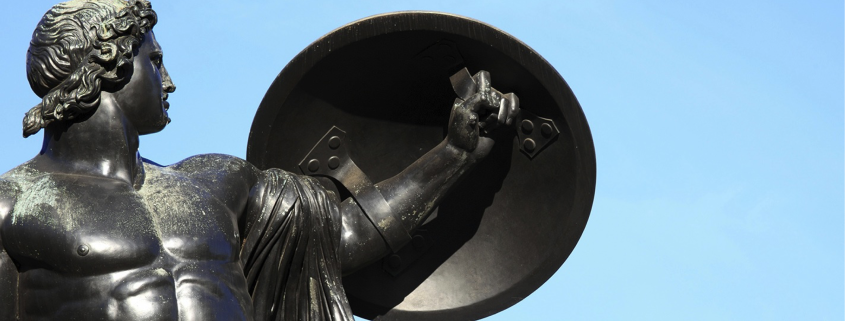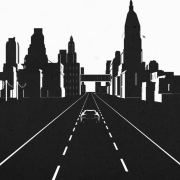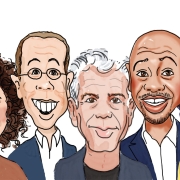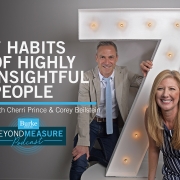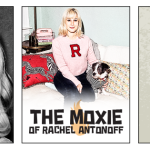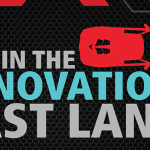Redefining Modern Campfires
Many of us have heard of the Iliad, the ancient Greek epic that tells the story of Achilles and the city of Troy. It’s an incredible story, filled with tales of valor, ingenuity and resilience.
Because of its style, throughout most of Western history scholars thought that the Iliad was a poem, written down by the Greeks long ago. However, in the mid-20th century an intriguing new theory emerged, one which is still being debated today: the Iliad (as well as its cousin the Odyssey) was not really a poem, it was just told orally.
That is part of the reason why the Iliad looks like a poem: it was created to be memorized and told via song and chant! It was crafted for Greek storytellers to travel to different lands, setting up campfires, telling the stories of their forefathers, their gods and their contemporaries.
Through stories, the Greeks united their people, helping them understand the values that defined them, the history that birthed them, and the courage that fueled them. And those stories, that repetition, made for the brilliant society that gave birth to modern Western civilization.
Stories Create Meaning
In fact, most of human history has been built around campfires, rituals and storytelling. Leaders and thinkers have united people through oral stories that showcase who they were, who they are, and who they wanted to become. Think about the great philosophers and leaders of ancient times: Aristotle, Jesus, Buddha… all told stories and parables and metaphors that made their invaluable lessons memorable.
It wasn’t until relatively later that stories started getting written down, and much, much later until they were disseminated to the general public (through tools such as the printing press or, eventually, the Internet).
Modern Campfires
Now think about today. What do “modern campfires” look like?
Often, it’s a couch potato staring blankly at the TV. Or a group of students blankly staring at a rambling lecturer. Or, as is the case in many of today’s businesses, it looks like a group of people in a conference room, yawning or staring blankly at PowerPoint slides, frequently glancing at their phones or watch.
All of these people are far from enraptured or engaged!
We need to redefine modern campfires. Human societies have been telling stories for over 45,000 years. It’s how we bonded. It’s how we learned. It’s how we passed along knowledge from generation to generation.
But today, it’s all about information, and we’re drowning in it. We have become infobese. Here are some numbers: 2.5 gigabytes of information are being created every day, a rate that has been growing exponentially for decades. To put it into context, it you were to accumulate all of the information ever created by humanity—all our books, stories, data, archives, hieroglyphics, music, movies and text messages—just over 80% of it will have been generated over the past two years!
There is no way our brains can retain or even comprehend this much information.
Rather, the 21st century world belongs to the storytellers. The inspirers. The ones who can simply and persuasively capture our born desire to be enraptured, to be awed. Think of Elon Musk, Tony Hsieh, Sheryl Sandberg… all great business leaders are great storytellers.
This is why we have to tell stories. This is why we have to create our own “campfires” around our communities, schools and businesses. The more stories we tell, the stronger and more inspired we will become.
What is your story? How do you create campfires? I’d love to hear from you. Connect with me on LinkedIn or Twitter, or leave a comment below!
Rolando Archila is SVP, Director of Innovation at Seed Strategy, where he blends creativity, strategy and entrepreneurship, to lead all stages of brand strategy and innovation, inspiring big-picture thinking for clients around the globe.
Connect with us! Follow Seed Strategy on our LinkedIn, Twitter, Facebook and Instagram

